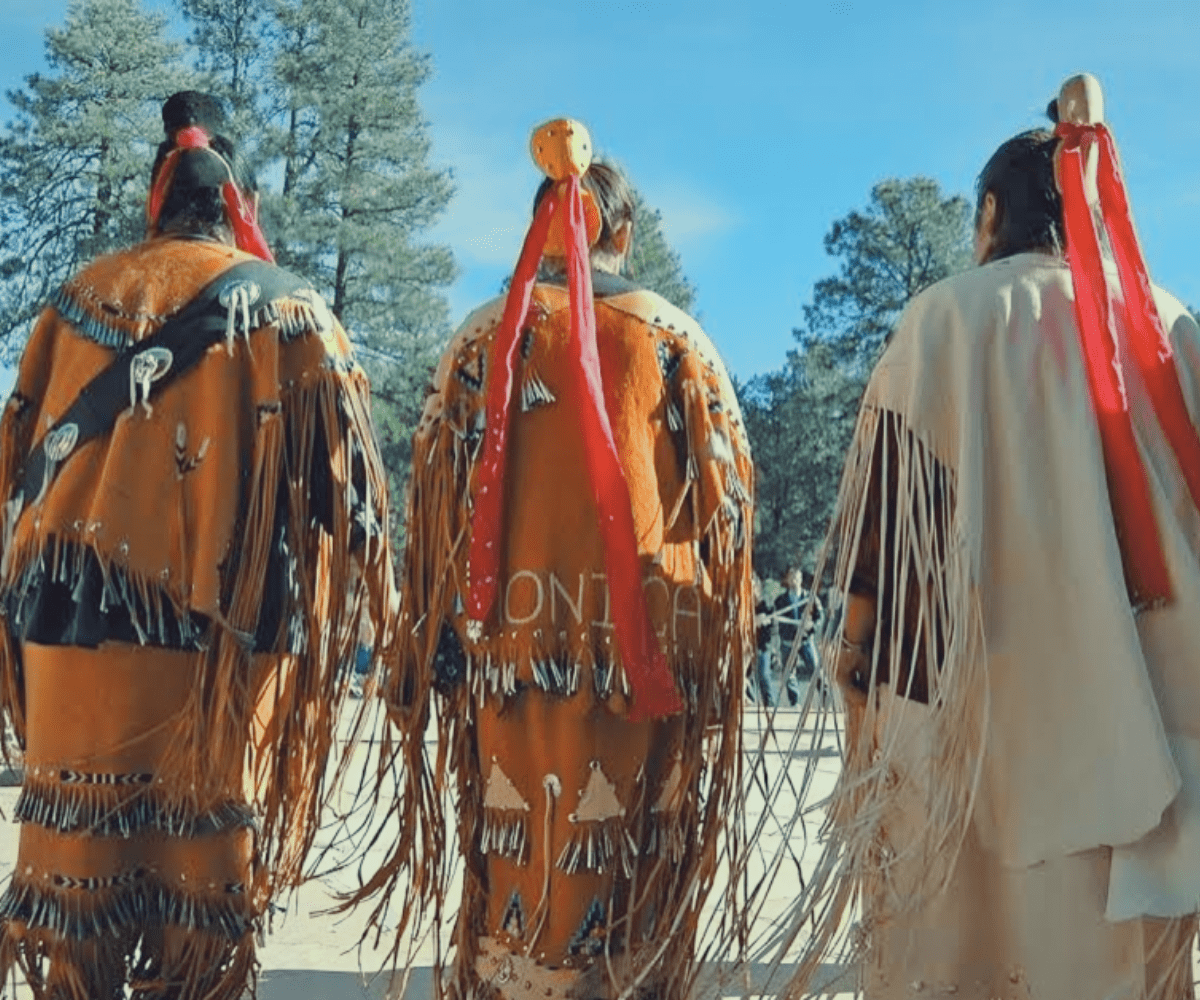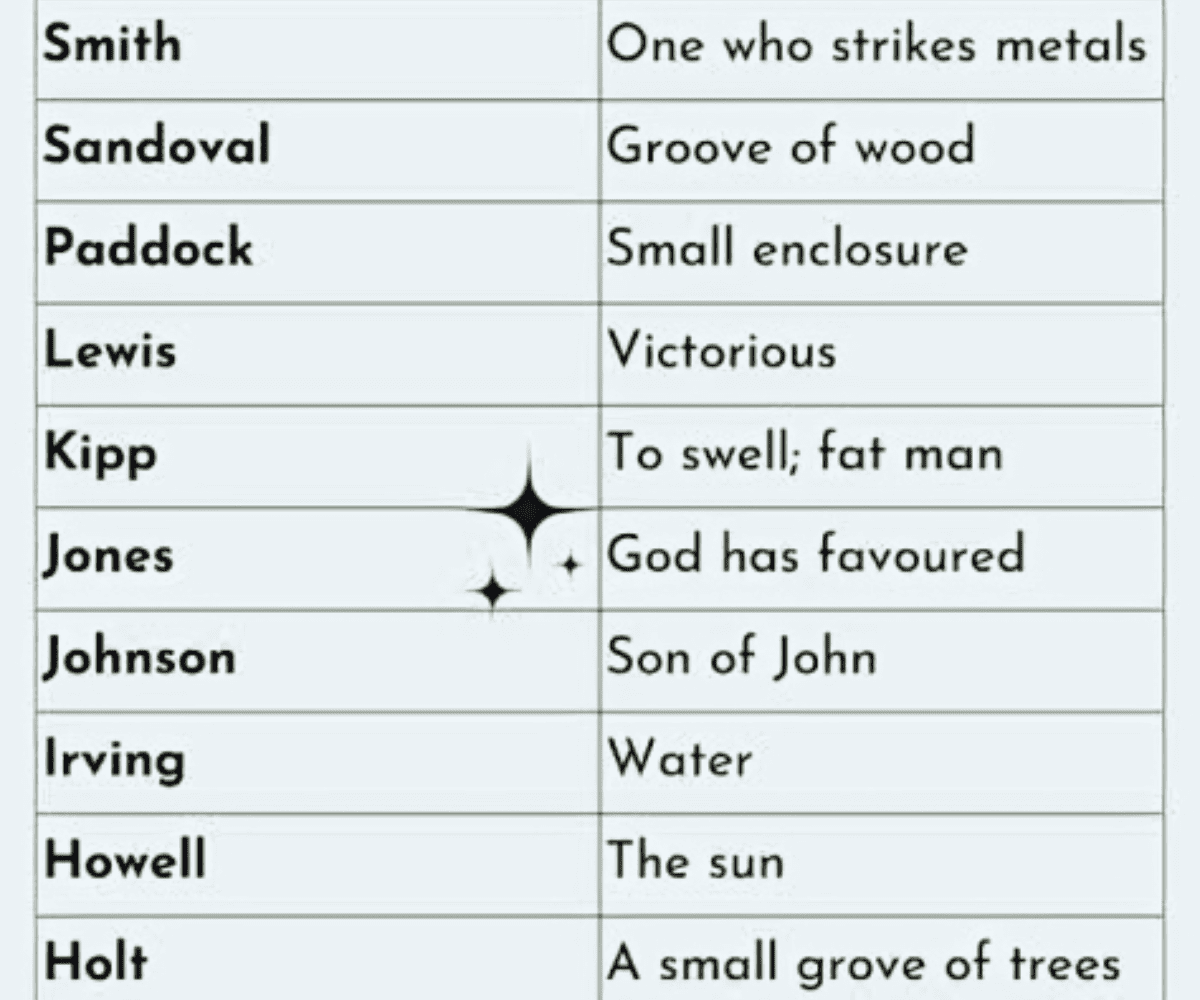Native American Surnames: A Rich Tapestry of Heritage
Native American surnames hold a profound significance that extends far beyond just a name. They are intrinsically woven into the rich tapestry of indigenous cultures, reflecting a deep connection to the land, traditions, and ancestry. These surnames serve as a testament to the resilience and enduring spirit of the Native American people, preserving their heritage and passing it down through generations.

Introduction
Native American surnames, often referred to as “last names” or “family names,” are deeply rooted in the diverse languages and cultural practices of the various groups and nations across North America. Moreover, these surnames are not merely labels; they are powerful symbols that encapsulate the unique histories, stories, and identities of the Native American people.
The Origins of Native American Surnames
The origins of Native American surnames can be traced back to the traditional naming practices of different groups. Many groups historically used descriptive names that were derived from personal characteristics, physical attributes, or significant events in an individual’s life. Moreover, these names often carried profound meaning and were bestowed upon individuals by elders or spiritual leaders within the groups.
When European people came to North America, they wanted Native Americans to become more like them. They asked or made them take on last names like European people. Some Native Americans picked names from their groups or families. Furthermore, others used names from where they came from or places they knew. Sometimes, government workers or religious leaders gave them names. That’s why there are lots of different Native American last names now.
Common Types of Native American Surnames
-
Tribal or Clan Names
One of the most common sources of Native American surnames is the name of the groups or clan to which an individual belongs. Examples include:
- Navajo
- Cherokee
- Choctaw
- Sioux
- Comanche
These surnames serve as a direct link to the individual’s tribal affiliation and ancestry, carrying with them a sense of pride and cultural identity.
-
Geographical Names
Many Native American surnames are derived from geographical features, such as rivers, mountains, or landmarks, reflecting a deep connection to the land and the groups traditional territories. Examples include:
- Tallchief (from the Osage language, meaning “tall leader”)
- Ouachita (from the Caddo language, referring to a river in Arkansas and Oklahoma)
- Kiowa (from the Kiowa language, meaning “principal people”)
- Sequoyah (from the Cherokee language, referring to a prominent leader)
These names help preserve the memory of the places that hold significance for the groups and serve as a reminder of their ancestral homelands.
-
Descriptive Names
Descriptive names are another common source of Native American surnames. These names often describe physical characteristics, personality traits, or significant events in an individual’s life. Examples include:
- Littlefeather
- Redcloud
- Brightsky
- Hawkeye
- Strongheart
These surnames not only identify individuals but also carry the stories and cultural traditions of the Native American people.
-
Anglicized or Translated Names
As Native Americans assimilated into the broader society, some surnames underwent anglicization or translation to make them more recognizable or easier to pronounce for non-Native speakers. Examples include:
- Deer (from the Cherokee word “Awi”)
- White (from the Navajo word “Łizhiní”)
- Hill (from the Choctaw word “Bok”)
- Cloud (from the Lakota word “Mahpíya”)
While these surnames may have been adapted, they still retain a connection to the individual’s Native American heritage and cultural roots.
Cultural Significance and Preservation
Native American last names aren’t just words. They’re really important to Native American culture. They connect the past and present, keeping alive the stories, languages, and histories of Native American people. For many groups, passing on these names is a big deal. It helps keep the link to ancestors and culture strong and happy. It is a way of honoring the ancestors and keeping their memory alive for future generations.
Keeping Native American last names alive is really important for saving their languages. Lots of indigenous languages might disappear, but if we keep using and remembering these last names, it can help keep Native American cultures’ different languages strong and alive.

Conclusion
Native American last names are more than just words. They’re like living pictures of the diverse cultures of Native American people. These names hold stories, traditions, and histories of many generations. They remind us how strong and resilient Native American people are.
When we understand and value Native American last names, we show more respect for the different cultures that have influenced our society. It shows how important identity, ancestry, and our connections to our past are.
FAQs
-
Can Native Americans have surnames that are not traditionally Native American?
Yes, Native Americans can have last names that don’t show their culture. This happens for different reasons, like adoption, marrying someone from another culture, or just liking a certain name. But lots of Native Americans feel proud to have last names that connect them to their indigenous roots and culture.
-
Are American surnames legally protected?
Native American last names aren’t legally safeguarded, but lots of groups have rules to safeguard their names and symbols. Furthermore. these rules aim to stop non-Native people or groups from wrongly using indigenous culture stuff.
-
Can non-Native individuals have Native American surnames?
Sure! People who aren’t Native American can have Native American last names when they marry into or are adopted by a Native American family or group. But it’s really important to show respect and value the cultural meaning of these names. Moreover, using them without understanding or permission is not okay.
-
How can I learn more about the meaning and significance of a specific Native American surname?
If you want to know what a Native American last name means and why it’s important in culture, ask elders, historians, or groups linked to the crew. Moreover, they can teach you a lot about the name’s significance and how to respect it.
-
Are Native American surnames still evolving and changing?
Yes, Native American surnames continue to evolve and change over time. Moreover, as younger people grow up and traditions change, some folks might change their last names to show who they are or to honor their ancestors. And, Native American last names can also change as people work to keep their languages and cultures alive.
For more, Click here
